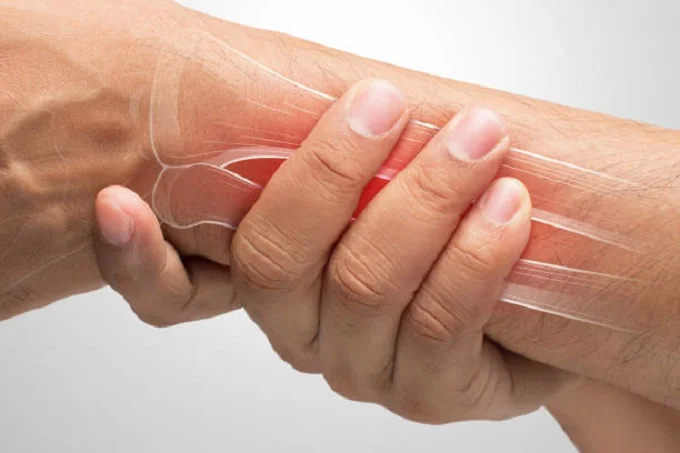As we grow older, we lose the ability to build bone mass, and our bone density begins to decline. In part, this may make us more susceptible to fractures.
Postmenopausal women are also at particular risk for osteoporosis. This is because estrogen helps build and rebuild bones, and their levels begin to decline after menopause.
To keep your bones strong as you grow older, we provide 4 examples of nutrient-rich foods that support bones.
Sardines
Sardines are a great choice to support bone health. Let’s start with the bones in the sardines. These tiny bones found in sardines are rich in many nutrients, such as calcium, vitamin D and phosphorus, which can support bone health.
It may sound strange to eat bones, but they are so small and soften enough during the cooking process that most people do not notice them.
So while sardines may not be your first choice, they are one of the most nutritious foods you can buy. In addition to calcium and vitamin D, it is rich in omega-3 fatty acids, which according to studies, are positively associated with bone density.
Leafy vegetables
Vitamin K plays an important role in bone density and overall health. Cabbage, spinach and other green vegetables are excellent sources of vitamin K. In fact, just half a cup of cooked cabbage provides over 400% of your daily requirement of vitamin K.
Soy milk
You may be familiar with cow’s milk and dairy products, but have you considered drinking a glass of soy milk? If you do not drink cow’s milk, soy milk can be a great alternative, as it is often fortified with calcium to enhance bone health.
Eggs
Calcium attracts all the attention when it comes to bone health. And while it plays an important role in bone density, it is not as effective without its “companion”, vitamin D.
In particular, your body can not optimally absorb calcium without vitamin D, so it is crucial to have adequate levels of vitamin D to promote good bone health.
Fortunately, eggs are a good source of this vitamin. One large egg contains 44 IU. Most healthy adults need about 15 micrograms or 600 IU of vitamin D a day.
Other dietary sources of vitamin D include salmon, trout and cod liver oil. Also, in some cases, a supplement may be the best way to get adequate levels. However, eggs naturally provide more vitamin A than most foods.
